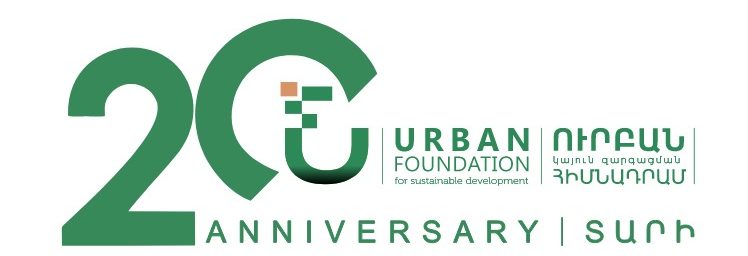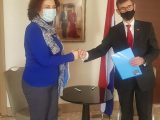The ongoing dispute over Nagorno-Karabakh (Artsakh in Armenian), which erupted again on September 27, 2020, halted by a Declaration of Cease-fire on November 10, 2020. In addition to significant human casualties during the 44-day fighting between Armenian and Azerbaijan forces, the conflict has resulted in painful territorial losses for the Armenian population of Nagorno-Karabakh (NK), and an ongoing humanitarian crisis. Tens of thousands residents of NK have been displaced from their homes in the conflict zones and were seeking refuge in Armenia. Thousands of households in the Republic of Armenia also were severely affected by the war having their family members perished, missing, or wounded.
VNGi, the Netherlands and the Urban Foundation for Sustainable Development, Armenia has conducted an assessment with the aim to understand the current priority needs of war-affected people and households including those displaced from NK, having victims, as well as wounded or missing household members. Also, the research attempted to scan how the war affected on community facilities and service delivery. Such understanding will help to ensure systemic, coordinated and sustainable support for war-affected people and households.
The research looked at the communities, which most affected by the rapid migration flow: Yerevan (capital city), Vedi community (Ararat region), Charentsavan community (Kotayk region), Areni community (Vayots Dzor), Goris community (Syunik region), and Vardenis community (Gegharkunik region).
The impact scan has been done using the following methods:
· Desk research.
· In-depth interviews with the community heads and/or council members in each selected city, relevant government representatives, and if possible CSO representatives from the affected cities that represent interests of both, the newcomers and the citizens.
In total around 30 in-depth interviews were conducted with 35 people.





